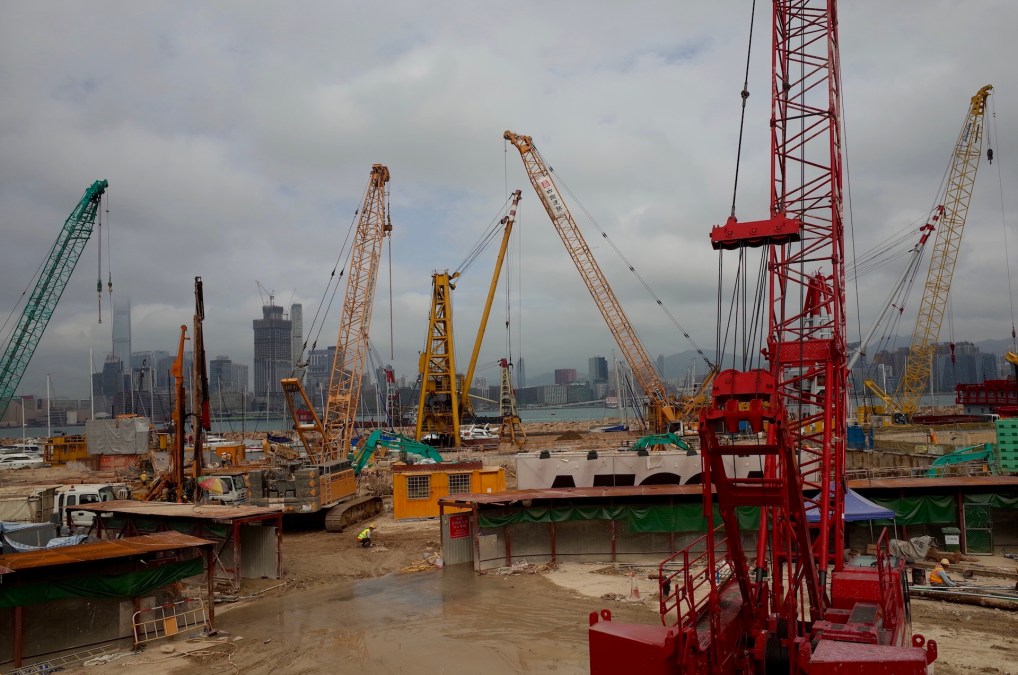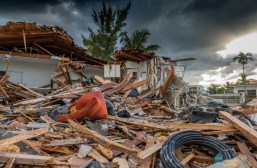IARPA wants AI to keep its eye on that construction project

Data on construction projects can serve to tell countries and companies alike a lot about what’s happening in the world. But what if there’s just too much data?
The intelligence community’s Intelligence Advanced Research Projects Activity is looking to build automated tools that will keep proverbial “eyes” on construction projects across the globe.
The agency recently posted a draft of the broad agency announcement it plans to release for the Space-based Machine Automated Recognition Technique (SMART) project. The goal is to “develop tools and techniques to automatically and dynamically execute broad-area search (BAS) over diverse environments to detect construction… using time-series spectral imagery.”
“Over the coming decades, U.S. and foreign governments, and the commercial sector will continue to pioneer the use of space-based remote sensing to characterize, understand, and predict variability and trends on Earth’s surface for both research and applications,” the draft document reads. “To date, the volume of [geospatial intelligence data] continues to grow, while analysts struggle with the volume, variety, and velocity of space-based data to support local, regional, and national decision-making.”
SMART will help, IARPA imagines, by taking some of the burden off human analysts.
IARPA plans to run the SMART project over four years and in three phases — the first two being 18 months long each and the last being one year. The agency is very supportive of companies teaming up to combine expertise in a wide range of areas like high performance computing, AI, image processing, earth sciences and more — all of which could be useful in the development of SMART.
IARPA is accepting comments, questions and suggestions from industry interested in the draft broad agency announcement through May 10. The agency says it “does not anticipate” responding to these questions and comments publicly though.






